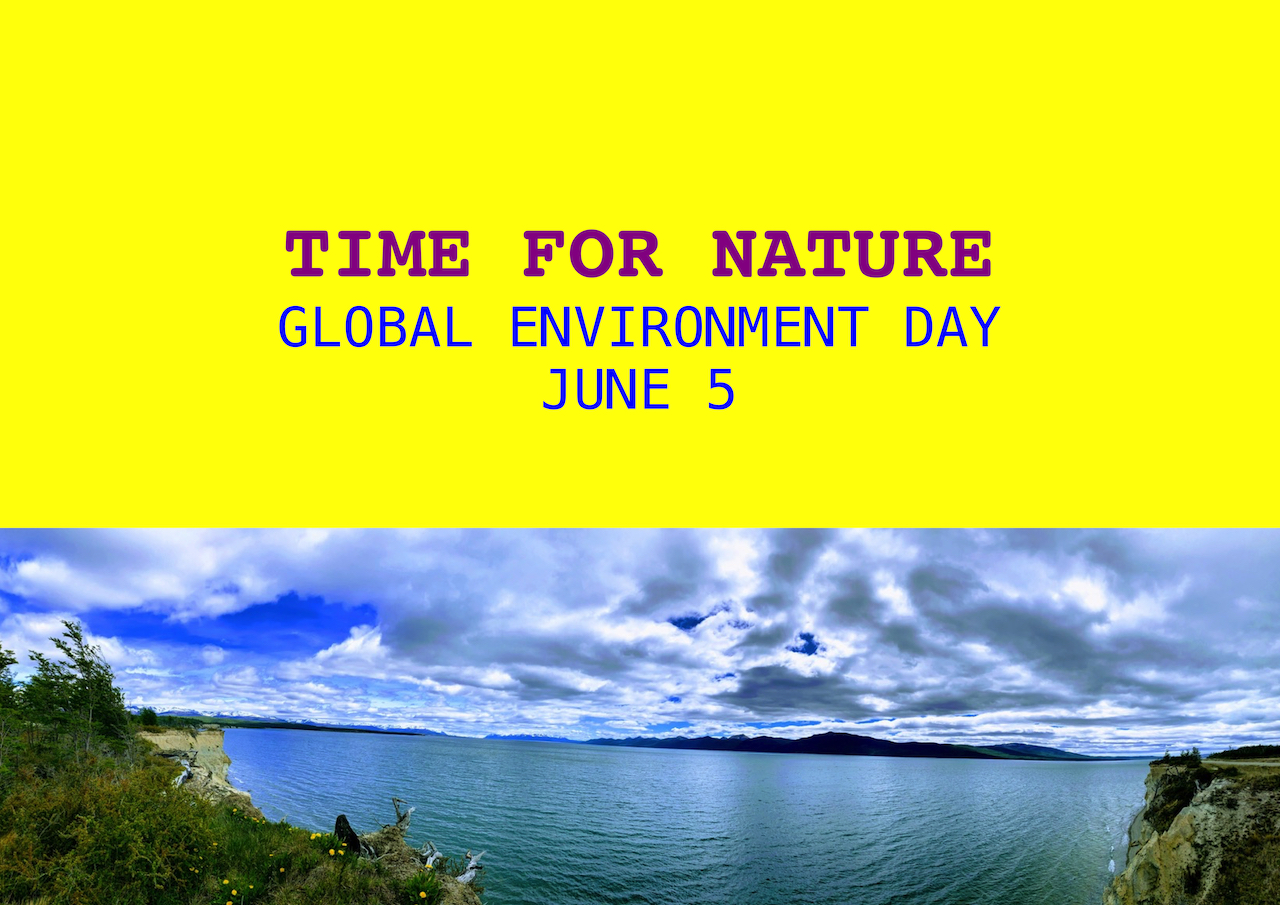
World Environment Day is the most important date on the official United Nations calendar to promote environmental action.
Since 1974, June 5 has become a global platform for public outreach that brings together governments, businesses, celebrities and citizens from all over the world around a pressing environmental issue.
In 2020 the issue is biodiversity, a matter of both urgent and existential concern. Recent events, such as the unprecedented forest fires in Brazil, California and Australia, the locust invasion in the Horn of Africa, and now the COVID-19 pandemic, demonstrate the inextricable relationship between humans and the networks of life that we live in. Nature is sending us a message.
Together with Pope Francis we are convinced that:
“We cannot fail to praise the commitment of international agencies and civil society organizations which draw public attention to these issues and offer critical cooperation, employing legitimate means of pressure, to ensure that each government carries out its proper and inalienable responsibility to preserve its country’s environment and natural resources, without capitulating to spurious local or international interests.” (Laudato Si’ 38)
For this reason we join the world community with our meditation proposal so that this June 5 is an intense moment to become more aware that we are in face of a “Time for Nature”.
“biodiversity is considered at most a deposit of economic resources available for exploitation, with no serious thought for the real value of things, their significance for persons and cultures, or the concerns and needs of the poor.” (Pape Francis, LS 190)
“It is not enough, however, to think of different species merely as potential “resources” to be exploited, while overlooking the fact that they have value in themselves ( LS, 33)”
“the deterioration of nature is closely connected to the culture which shapes human coexistence”, (Benedict XVI, CiV 51)
More information at the UNEP website